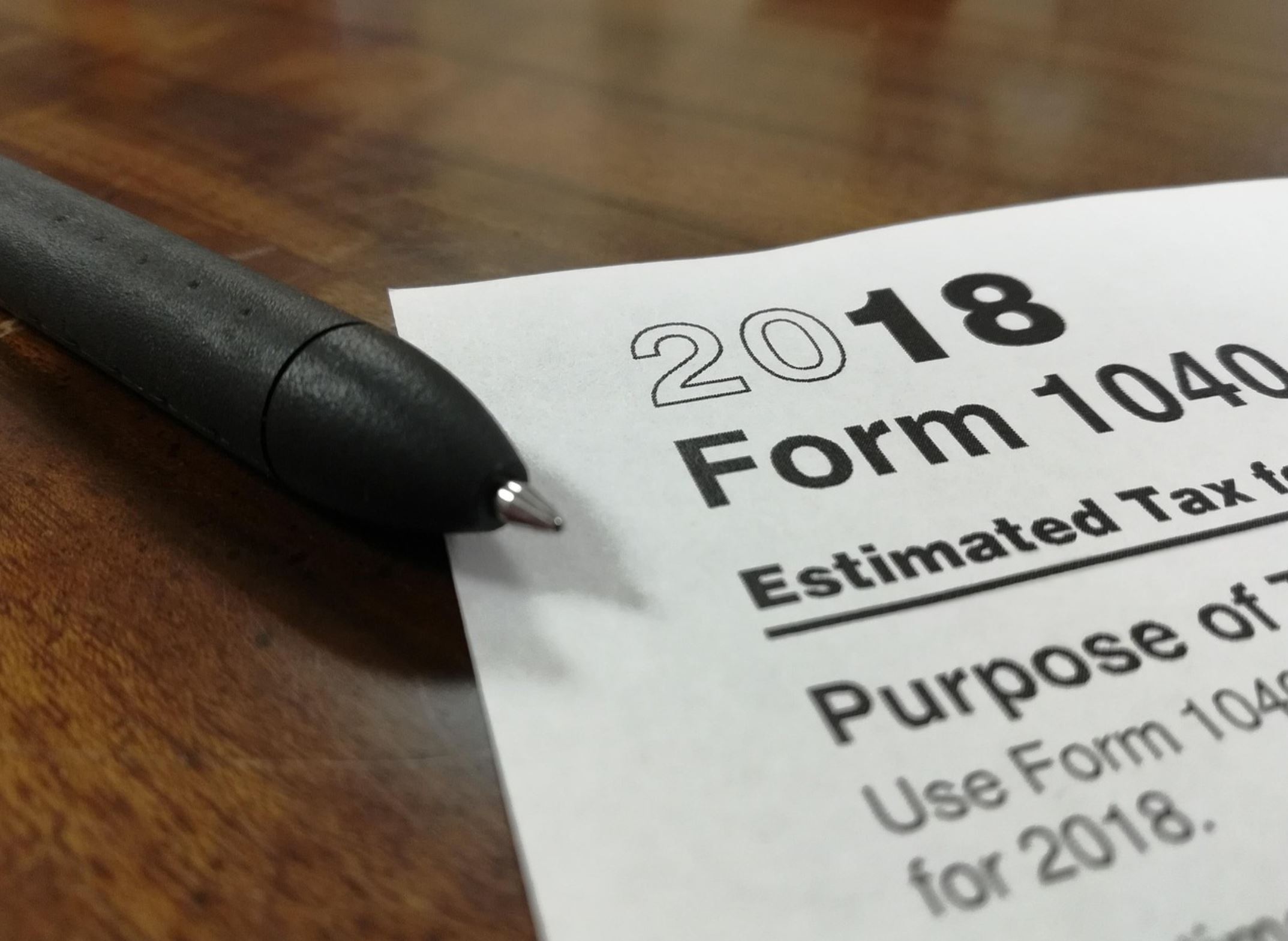
Tax day is April 15, 2019. If you don’t file your taxes, or get your return postmarked by that date, you might face some serious consequences. This is true even if accidentally don’t file. If you are wondering what happens if you don’t file your federal tax return by the deadline, here’s what you need to know.
Failure-to-File Fees
If you don’t file your taxes, you will have to deal with failure-to-file fees. Essentially, you are stuck with a costly financial penalty.
The standard failure-to-file penalty rate is 5 percent of your unpaid taxes for every month that you don’t file. This starts accruing once you miss the 11:59 pm April 15 deadline. Although there is a cap of 25 percent, it will add up quickly.
Failure-to-Pay Fees
If you don’t file your taxes and owe an IRS tax debt, you also get stuck with failure-to-pay fees. This penalty is on top of the failure-to-file fees, increasing your tax debt even more.
The standard failure-to-pay fee is one-half of 1 percent every month. These fees also start accruing once you miss the 11:59 pm April 15 deadline. There is no cap on this penalty, so it will keep adding up over time, increasing your IRS tax debt.
IRS Notifications
Once the IRS notices that you didn’t file, they will send a notification letter. It lets you know that you will be paying penalties and provides guidance on how to square things away.
In some cases, the IRS may even create your return for you, using information they collect from your employer, banks, investment accounts, and similar entities. However, the IRS doesn’t consider whether or not you qualify for certain deductions, so your tax bill may be much larger than if you just file on your own.
If you don’t respond to the IRS notifications, then the agency might take more drastic steps. This can include seizing your financial assets, putting a lien against your home, or garnishing your wages. Plus, all of the penalties are increasing your tax debt during this time, so you’ll still have to pay them even if the IRS takes these measures.
Get all of your tax questions answered with H&R Block’s Tax Information Center!
Criminal Charges
It is important to note that the IRS does not jail people for owing taxes. If you file your taxes and have an IRS tax bill, you won’t go to prison for the debt.
However, failing to file could land you in jail. Willfully not filing your return is a misdemeanor while tax evasion is a felony. The IRS does have a high burden of proof to show that you intentionally didn’t file, so jail time isn’t really common. It is technically possible though, especially if they can prove that you made the decision not to file on purpose.
How the IRS Catches People Who Don’t File Their Taxes
The IRS is a large organization and handles millions and millions of tax returns. In just one week in March, over 84 million returns were received. Many people would assume that the IRS isn’t going to notice a single missing return, but that isn’t necessarily the case.
One of the things the IRS has one its side is information. For example, if you work for a company, that employer sends the IRS a copy of your Form W-2. Even if you don’t file personally, the IRS knows you had income. Banks and investment companies submit copies of your Form 1099 to the IRS as well, for recording purposes.
While the IRS might not catch your failure-to-file immediately, they will in the future. They will know you didn’t file, and calculate the penalties based on the deadline of April 15, 2019, not when they happened to notice.
What to Do If You Can’t File Your Taxes On Time
Even if you can’t pay the taxes you owe immediately, it is crucial that you file your federal tax return by 11:59 pm on April 15. There are options to help people who can’t pay all that they owe right away, including payment plans and Offers in Compromise.
If you simply need more time, then make sure to file for an extension before the filing deadline. While this won’t help you avoid failure-to-pay fees, it does prevent any failure-to-file fees from accruing as long as you file before the extension deadline of October 15, 2019.
Have you ever forgotten to file your taxes? Share your thoughts in the comments below.
Read More:
- Last Minute Ways to Reduce Your Taxes
- 10 of the Best Ways to Use Your Tax Refund
- Top 10 Tax Questions Answered
If you enjoy reading our blog posts and would like to try your hand at blogging, we have good news for you; you can do exactly that on Saving Advice. Just click here to get started.
Tamila McDonald is a U.S. Army veteran with 20 years of service, including five years as a military financial advisor. After retiring from the Army, she spent eight years as an AFCPE-certified personal financial advisor for wounded warriors and their families. Now she writes about personal finance and benefits programs for numerous financial websites.
Comments